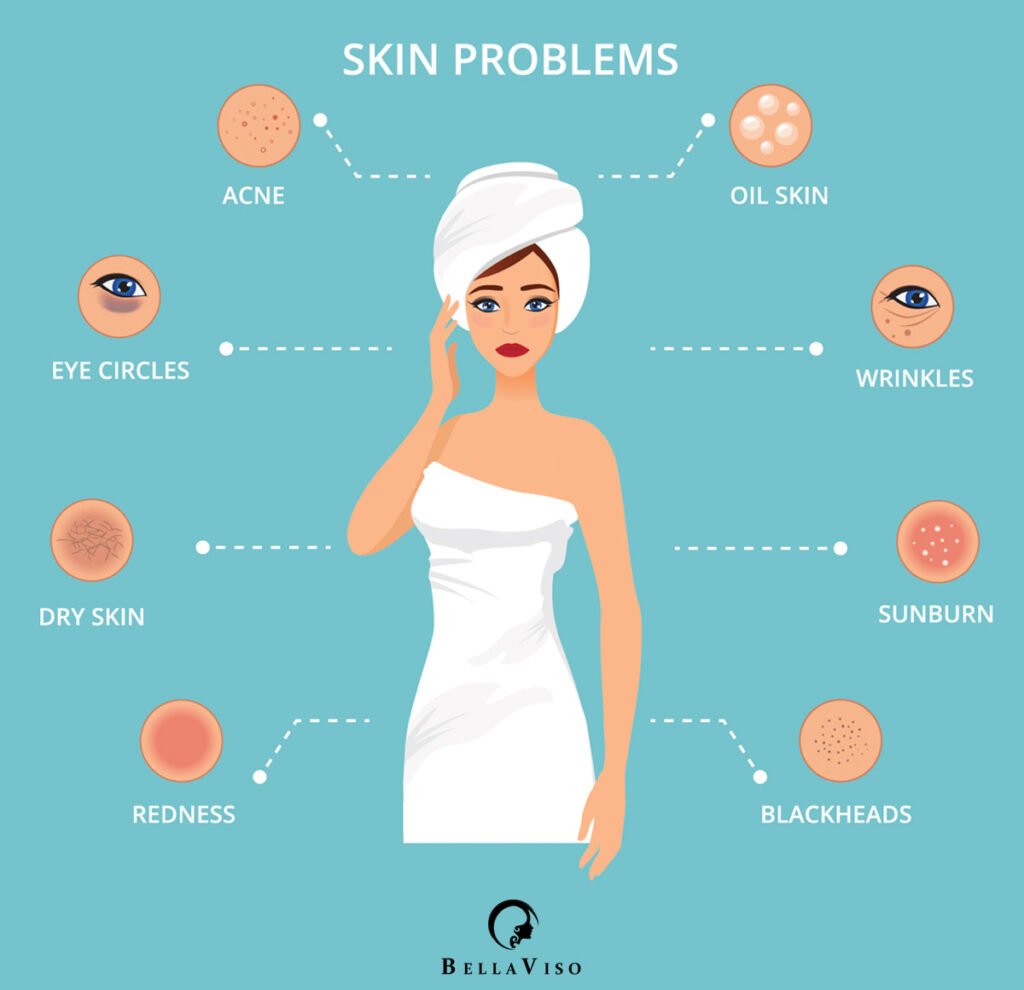The immune system may launch an inflammatory response even in the absence of an injury or infection. The immune system cells which typically defend us start destroying good arteries, organs, as well as joints because there is nothing to mend. Before buying something, be certain to examine the evaluations and credentials if you’re seeking the Best cod liver oil UK.
What Effects Does Ongoing Inflammation Have On The Body?
Early indications and signs of chronic inflammation might be hazy and faint, going unnoticed for a long time. It’s possible that you simply feel tired or even ordinary. Yet, as inflammation worsens, it starts to harm your joints, organs, and arteries. If left untreated, it can lead to long-term illnesses like cancer, Alzheimer’s disease, diabetes, blood vessel disease, cardiovascular disease, as well as other problems. A blood test for the inflammation marker C-reactive protein (hs-CRP) is the most popular method of measuring inflammation. To assess chronic inflammation, doctors also check the homocysteine concentrations in the blood. To determine whether red blood cell damage has occurred, doctors do an HbA1C test, which measures blood sugar.
How Can I Lower My Chance Of Developing Chronic Inflammation?
By following a balanced, anti-inflammatory diet and lifestyle, you may reduce inflammation or even reverse it. Individuals with a family past of medical issues, such as cardiovascular disease or colon cancer, may speak with their doctors about lowering inflammation through lifestyle modifications.
Consume a Lot of Anti-Inflammatory Foods
Increase your intake of fruits, veggies, and foodstuffs with omega-3 fatty acids. Cold water fish, like salmon and tuna, as well as tofu, walnuts, flax seeds, and soybeans, are a few of the richest sources of omega-3s. Grapes, celery, blueberries, garlic, olive oil, tea, and various spices are further anti-inflammatory foods (ginger, rosemary and turmeric). One excellent illustration of an anti-inflammatory diet seems to be the Mediterranean diet. This is because it emphasizes whole grains, fruits, veggies, and fish, as well as other healthy foods while restricting bad fats like red meat, butter, and egg yolks in addition to refined and processed sugars and carbohydrates.
Regulate Blood Sugar
Simple carbs, such as white flour, white rice, processed sugar, and everything containing high fructose corn syrup, should be limited or avoided. Avoiding white foods, like white bread, rice, and pasta, in addition to dishes produced with white sugar and flour, is a simple rule of thumb. Create meals with lean proteins and entire, high-fibre foods like fruits, veggies, and whole grains like brown rice and whole wheat bread. Make sure “whole wheat” or some other whole grain is listed as the first component by reading the labels.
Reduce Stress
Persistent stress makes inflammation more likely. To handle stress during the day, learn to meditate, do yoga, biofeedback, mental imagery, or another technique. It’s crucial to keep in mind that action taken to lessen inflammation results in greater health as well as a decreased likelihood of developing chronic conditions over time.
Make Time to Work Out
Schedule at least four to five occasions per week for 10 to 25 minutes of weight or strength exercises and 30 to 45 minutes of cardiovascular exercise.
Reduce Weight
Overweight individuals experience higher inflammation. Weight loss might reduce inflammation.
Maintain a Healthy Sleep Routine
Try to sleep for between seven and nine hours every night, sleep in a cool, darkened bedroom, avoid using digital devices an hour before bedtime, invest in a comfy bed, pillow, and sheets, and use a white noise machine to drown out interruptions, and schedule an appointment with your primary care physician if you experience fatigue commonly.
Use Stress-Reduction Strategies
Make time for stress-relieving hobbies like mindfulness, journaling, yoga, walks in the environment, literature, spending time with family and friends, gardening, or another pastime because stress may have an inflammatory impact on one’s health. Spend some time alone without your phone, computer, or other electronics to relax, reflect, and analyze your emotions.
Steer Clear Of Foods That Cause Inflammation
Reduce your consumption of refined carbohydrates such as white pasta, bread, and rice, fried foods, red as well as analysed meat like beef, pork, lamb, bacon, sausage, and salami, dairy, processed foods, and sugar, which is usually encountered in desserts, candy, baked goods, soda, fruit juice soda, and even ketchup & pasta sauce (like chips, crackers and freezer meals).
Final Words
Persistent inflammation is harmful and therefore can result in illness. In many circumstances, you’re eating and living habits can cause or exacerbate inflammation. To maintain your well-being and wellness, reduce your disease susceptibility, and enhance your life experience, you must try to eat anti-inflammatory foods.



